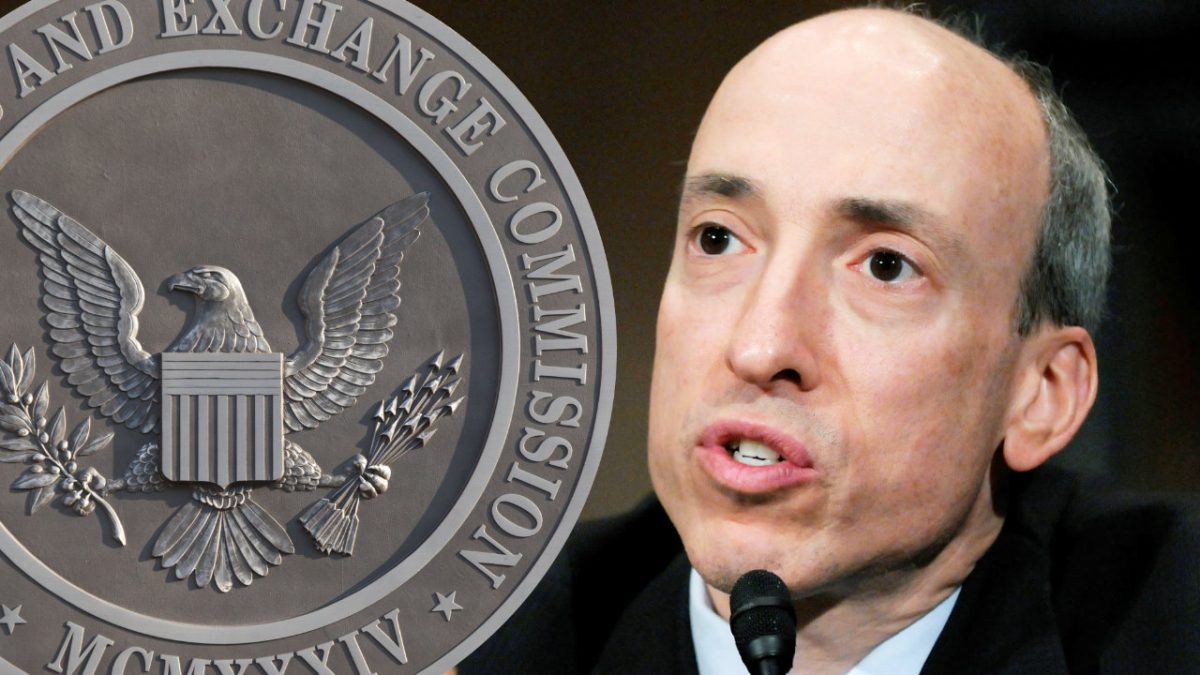The US Securities and Exchange Commission (SEC) made detailed explanations about why it considers MATIC, MANA, CHZ, SAND and LUNA tokens to be securities.
Polygon (MATIC)
Polygon has clearly stated in its Whitepaper that it will use investment proceeds from private and public fundraising activities to develop and expand its business. The company also frequently promotes when crypto asset trading platforms allow MATIC trading.
Decentraland (MANA)
Decentraland offered discounted prices for MANA to early contributors; The SEC views it as indicative of investment contracts and therefore classifies MANA as a security.
Chiliz (CHZ)
The Chiliz team has publicly stated that revenue from CHZ sales will be used to fund the development, marketing, commercial activities and growth of the Chiliz protocol, which will increase the demand for CHZ associated with the protocol.
Sandbox (SAND)
In a blog post announcing their “exchange listing,” Sandbox promoted the liquidity of SAND tokens on the secondary market following their “listing,” a move that the SEC interpreted as a strategy to attract investors with the promise of profits.
Terraform (LUNA)
In a public interview in 2021, Terraform's director of business development referred to LUNA as integral to the company's growth and further supported the SEC's classification of LUNA as a security.
The SEC's detailed rationale emphasizes that the agency focuses on the intent and promotional strategies of token issuers that it believes are consistent with the characteristics of investment contracts under securities laws.
This classification has significant implications for the regulatory treatment of these tokens and the platforms that trade them.
*This is not investment advice.










